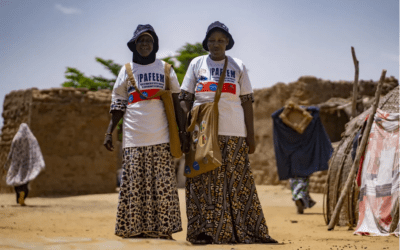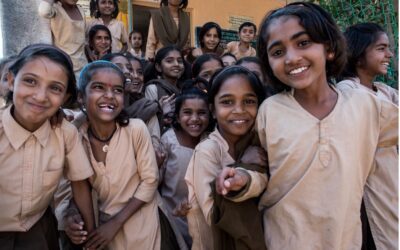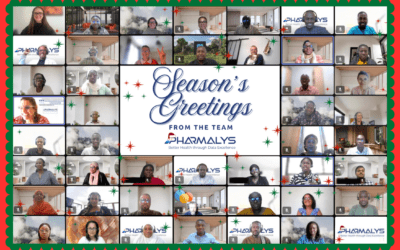From 25 November to 10 December each year, the global community highlights the 16 Days of Activism Against Gender-Based Violence – a period dedicated to raising awareness, driving action and engaging all sectors of society to prevent and respond to violence rooted in gender.
What is this campaign?
The 16 Days campaign begins on International Day for the Elimination of Violence Against Women and ends on Human Rights Day. It was launched in 1991 by activists at the inaugural Women’s Global Leadership Institute and has since been adopted by thousands of organisations worldwide. The campaign emphasises that violence against women and girls is both a human-rights violation and a barrier to development, equality and peace.
Why it matters
- Globally, about 1 in 3 women experience physical and/or sexual violence in their lifetime
- In crises, such as conflict, displacement, pandemics, risks of gender-based violence escalate, while access to support services often shrinks
- Violence rooted in gender inequality not only harms individuals, but also undermines families, communities and societies at large
- Responsiveness matters: Without accessible support, legal protection and cultural change, survivors may remain unsupported and perpetrators unaccountable
What the focus covers
Physical, sexual and psychological violence
Intimate partner violence, non-partner sexual assault, harassment and threats.
Harmful practices
Child marriage, female genital mutilation, forced marriage, trafficking in persons.
Digital gender-based violence
Online harassment, image-based abuse, cyber-harassment of women and girls.
Intersectional & crisis contexts
Women and girls in emergencies or conflict zones, displaced persons, and marginalised groups face added vulnerabilities.
What can we do to help?
- Raise the conversation: Use the 16 Days as a prompt, organise workshops, social media posts, community dialogues to shift norms and reduce stigma.
- Know the signs and support services: People need to know where to turn and that seeking help is safe and legitimate.
- Promote prevention: Address underlying factors (gender inequality, harmful norms, lack of accountability) rather than only reacting to incidents.
- Strengthen systems: Healthcare, justice, education and social protection systems must be equipped to respond effectively.
- Tailor to context: In regions like West Africa, cultural, legal and service-access challenges may be especially significant. Localised interventions matter.
- Engage men and boys: Ending gender-based violence is not only a ‘woman’s issue’, but a societal one. Men’s involvement, allyship, and behaviour change are essential.
During this period:
- If you are a survivor or know someone affected, remember you are not alone. There are services, support networks and people willing to listen.
- If you are a supporter (friend, family member, colleague), ask questions such as ‘are you safe?’, ‘what can I do to help?’, or offer your support by saying ‘you can always speak to me’.
- In workplaces, schools, communities, consider dedicating time or resources to gender-based violence awareness, review policies, ensure safe reporting channels, and promote respectful relationships.
- For decision makers, use this period to review and reinforce laws, service-delivery systems, data-collection and accountability mechanisms around gender-based violence.
The 16 Days of Activism exhort us to move beyond awareness alone. To prevention, support, accountability and structural change. Violence against women and girls is not an inevitable part of society, it is preventable. When we all act together, safer, more equitable spaces become attainable.
At Pharmalys, we stand with the global community in calling for an end to gender-based violence. We believe that every individual has the right to live in safety, dignity and equality.
Sources
https://www.unwomen.org/en/articles/explainer/five-essential-facts-to-know-about-femicide
https://www.un.org/en/delegate/16-days-activism-against-gender-based-violence
https://www.who.int/campaigns/16-days-of-activism-against-gender-based-violence/2024











